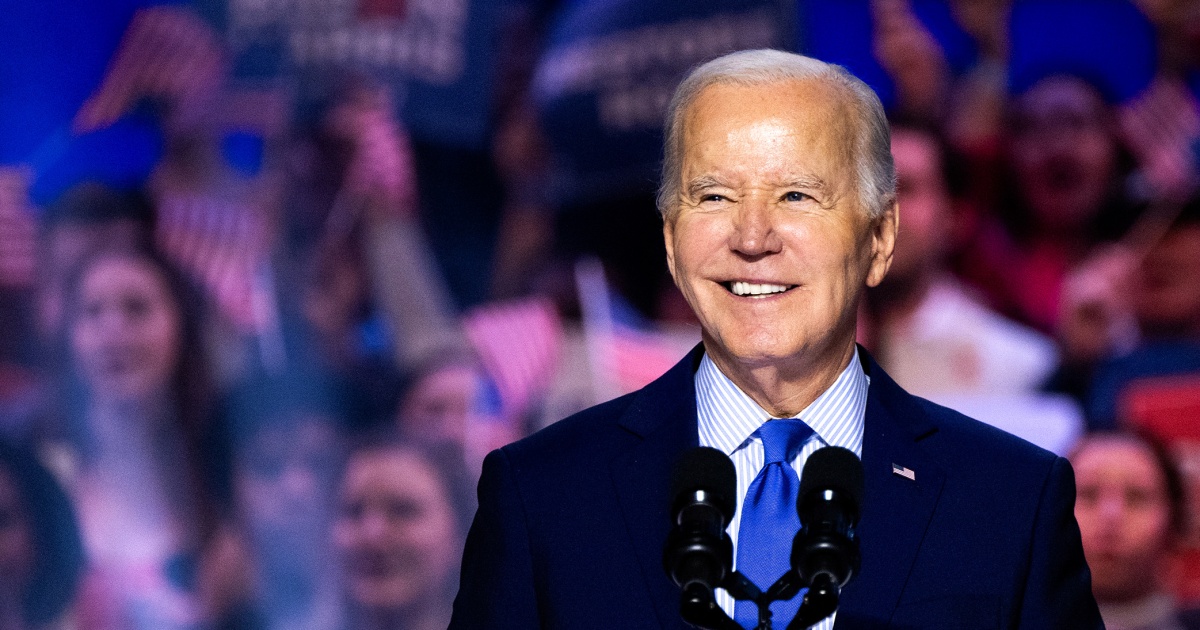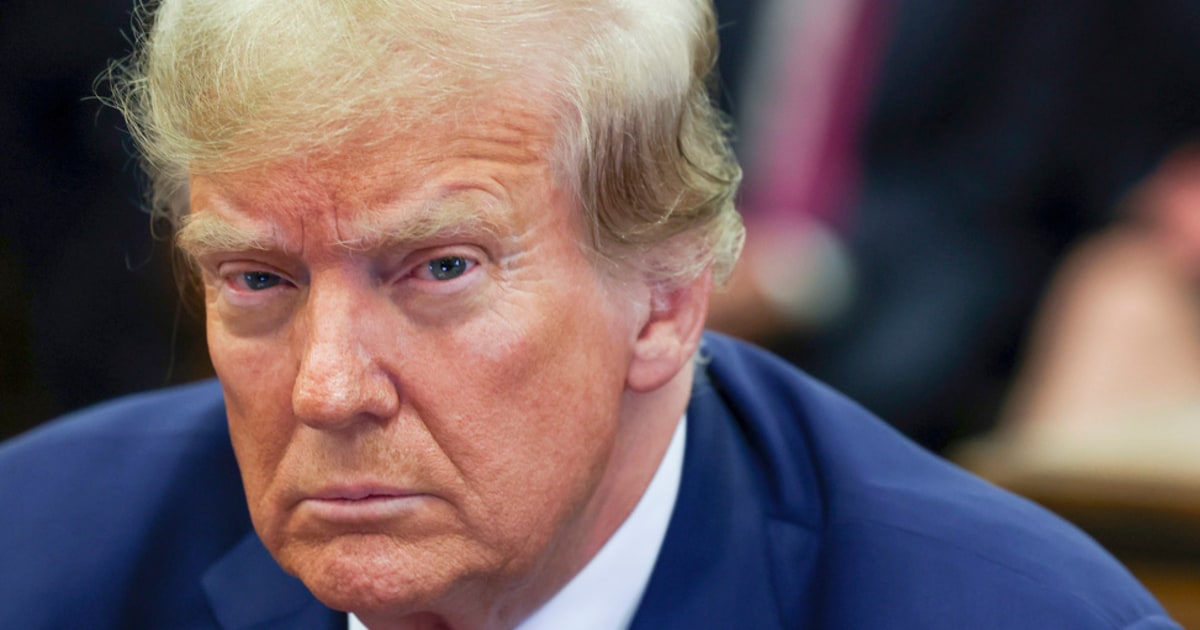[Washington, 15th Reuters]-The US and China partially agreed last week on trade talks. As a result, it remains unclear what will happen in most areas, but one thing that is clear is that the US government's planned increase in tariffs on Chinese products worth $ 250 billion was postponed.
However, as the deadlines for the launch of new customs measures that the US has so far have come to the end of the year, the US is forced to decide whether to implement, postpone, or renegotiate each. The world economy, which has already been hurt by US trade policy, may be further adversely affected depending on the future actions of the US government.
In the last three years, the Trump administration has introduced various punitive tariffs to all the top 10 trading partners and regions based solely on trade in goods, abolished long-standing agreements, reviewed trade relations, etc. I went.
According to some experts, the launch of this full trade war has left the US Trade Representative (USTR) unable to focus on the most serious problem for the United States, the task of curbing unfair trade practices in China. Yes.
Former President Trump's economic adviser and now partner of law firm Aiken Gump, Cleat Willems, the United States has faced significant international trade problems for many years and needs to be overcome in some way Of course, he pointed out that it was not necessary to clear all of them at the same time. He expressed his view that if he did not do that, he would have put more effort into dealing with China.
The deadline for invoking major customs measures in the future and the schedule for deliberation of trade agreements are as follows.
<Oct. 18 EU Customs Tariff>
As early as the 18th, the US government may impose a 25% tariff on EU products such as Probolone cheese and Scotch whiskey. This is because the World Trade Organization (WTO) has granted the right to introduce about $ 7.5 billion worth of retaliatory duties in the US over aircraft assistance.
Under this measure, 10% tariffs will also apply to aircraft assembled by Airbus in Europe. Industry officials say the company is likely to undertake at least part of its costs so that contracts agreed with customers are not canceled.
“The US government is preparing to move in the form of sanctions if the US government rejects the hand that France and the EU have extended,” the French Minister of Economics and Finance of France said this month, and the EU is expected to take countermeasures. It is.
<November 14 US Customs Tariffs under Article 232>
The government ’s long-term survey on whether or not automobiles and auto parts imported into the US are subject to security threats and subject to a sanctions duty of up to 25% under Article 232 of the Trade Expansion Act A conclusion is made.
The Trump administration has postponed this decision. If sanctions tariffs are activated, thousands of dollars can be added to the selling price and hundreds of thousands of jobs could be lost in the US economy as a whole.
<November 16-17 APEC Summit>
Xi Jinping Jintao Trump and Mr. China, will attend the Asia Pacific Ocean Economic Cooperation (APEC) summit to be held in Chile in November 16 ─ 17 days. Mr. Trump has expressed his view that a “first-stage” trade agreement with China can be officially signed there. However, the two countries still have negotiations to add mutual understanding of intellectual property and currency policy, access to financial services in China, and purchase of agricultural products to the agreement.
Such consensus document compilation requires intensive discussions that may ultimately include the US further reducing tariffs on China and China purchasing additional rice agricultural products.
<USMCA approval vote in November>
The US-Mexico-Canada Agreement (USMCA), which is positioned as the new North American Free Trade Agreement (NAFTA), was finalized in September last year, but has not yet been approved by the US Congress, which is essential for its entry into force. .
Mr. Trump, the ruling and Republican parties, and several business groups have called on the opposition / Democratic House of Representatives Pelosi to proceed with the ratification process well before Thanksgiving on November 28th. If it is delayed until the end of November, the ratification bill and the budgetary measures to maintain the government's cash flow will overlap. After that, the ratification bill could get stuck, as activities for next year's presidential and parliamentary elections will be in full swing and Trump's impeachment investigation by the House Democratic Party will proceed.
Nonetheless, some Democrats and the head of the US Labor Union / Industry Council (AFL-CIO) have recently expressed concern that USMCA's provisions on the protection of workers' rights will be properly enforced.
<December 15 New Tariff for Chinese Products>
On December 15th, new tariffs will be applied to Chinese products worth $ 156 billion that were not covered.
Almost all consumer goods such as mobile phones, personal computers, toys and clothing are expected to be included. Although these deadlines have been set so that US companies and retailers can secure enough inventory for the Christmas season with zero tariffs, shoppers at the end of the season may be faced with price increases.














